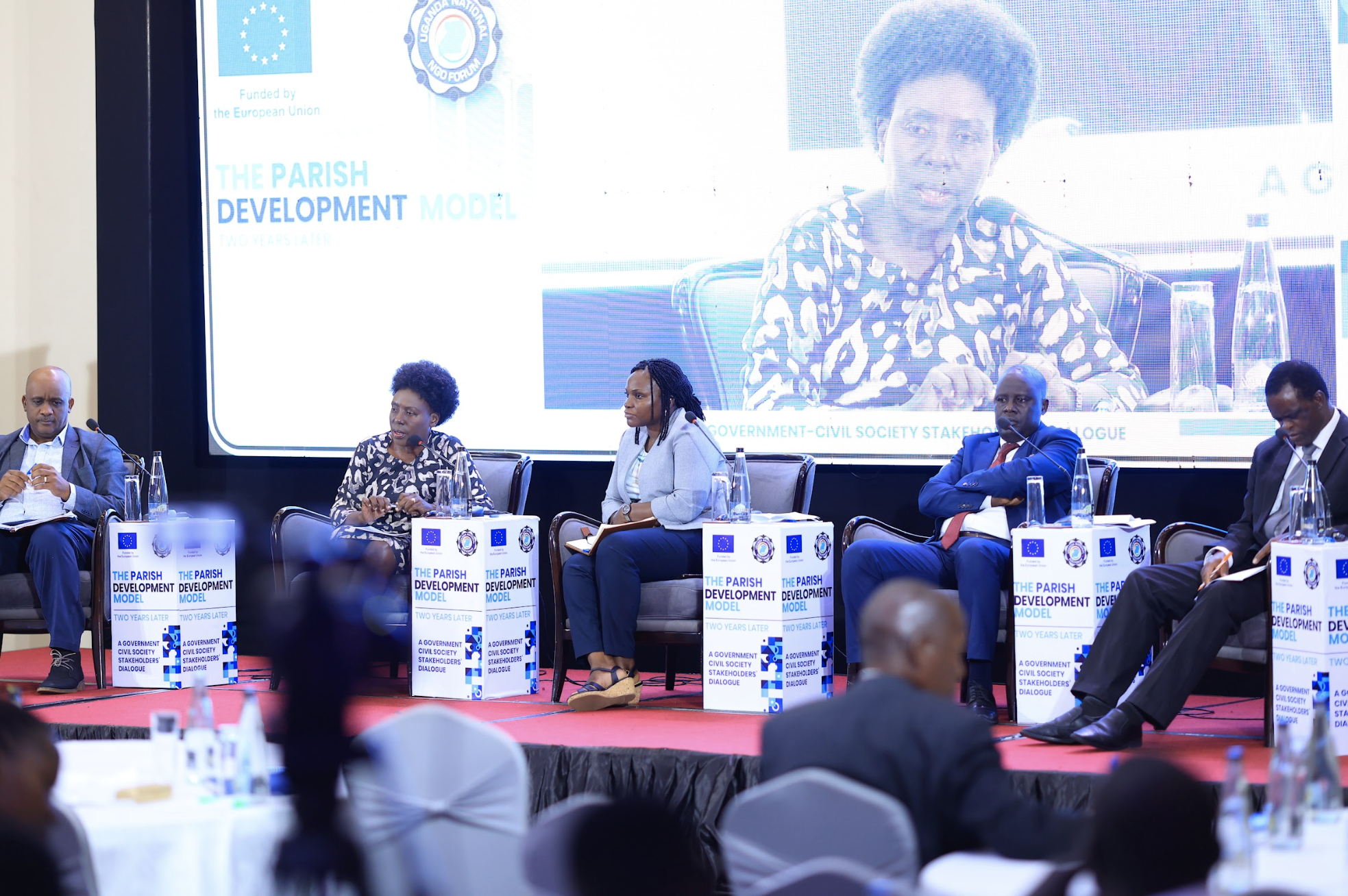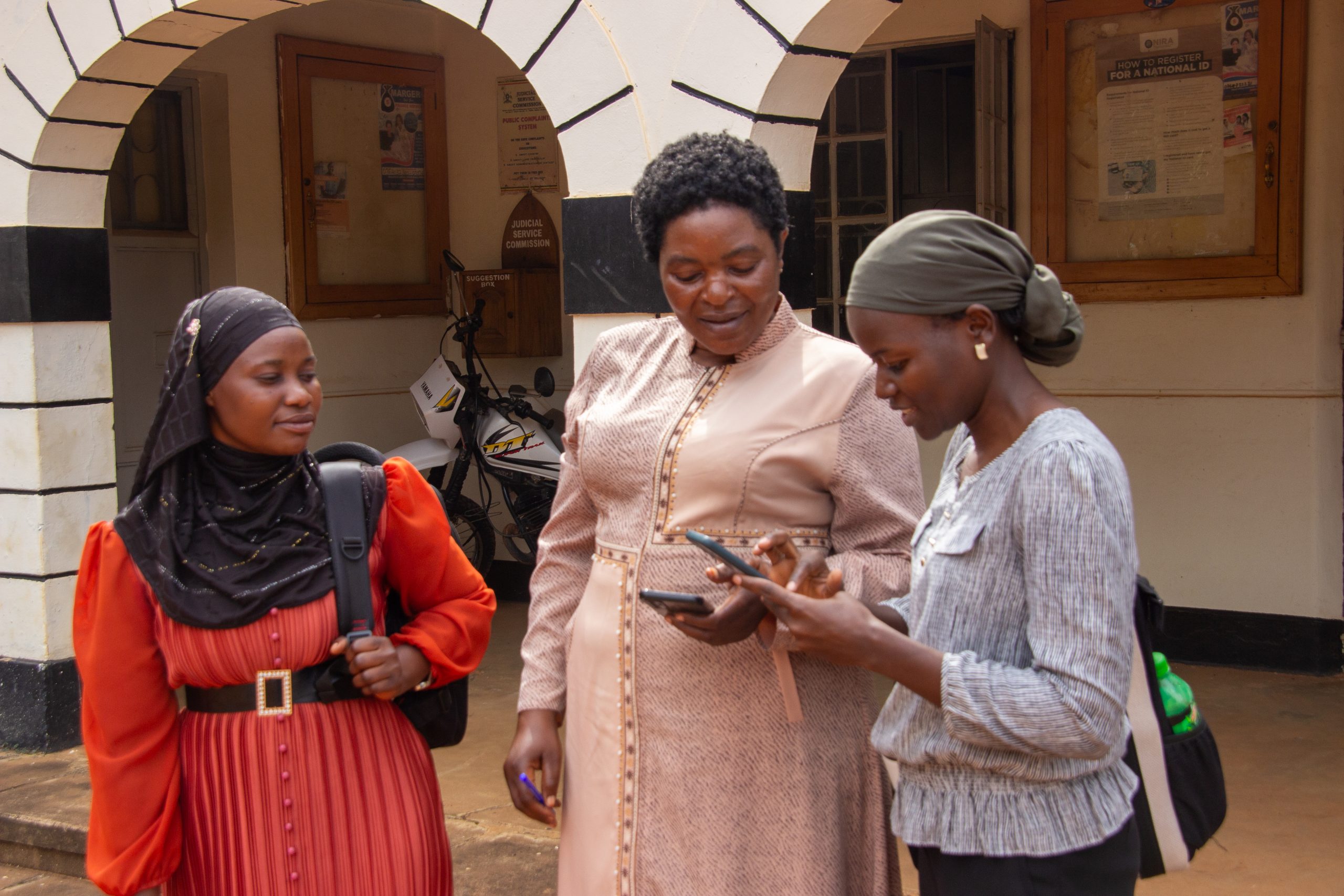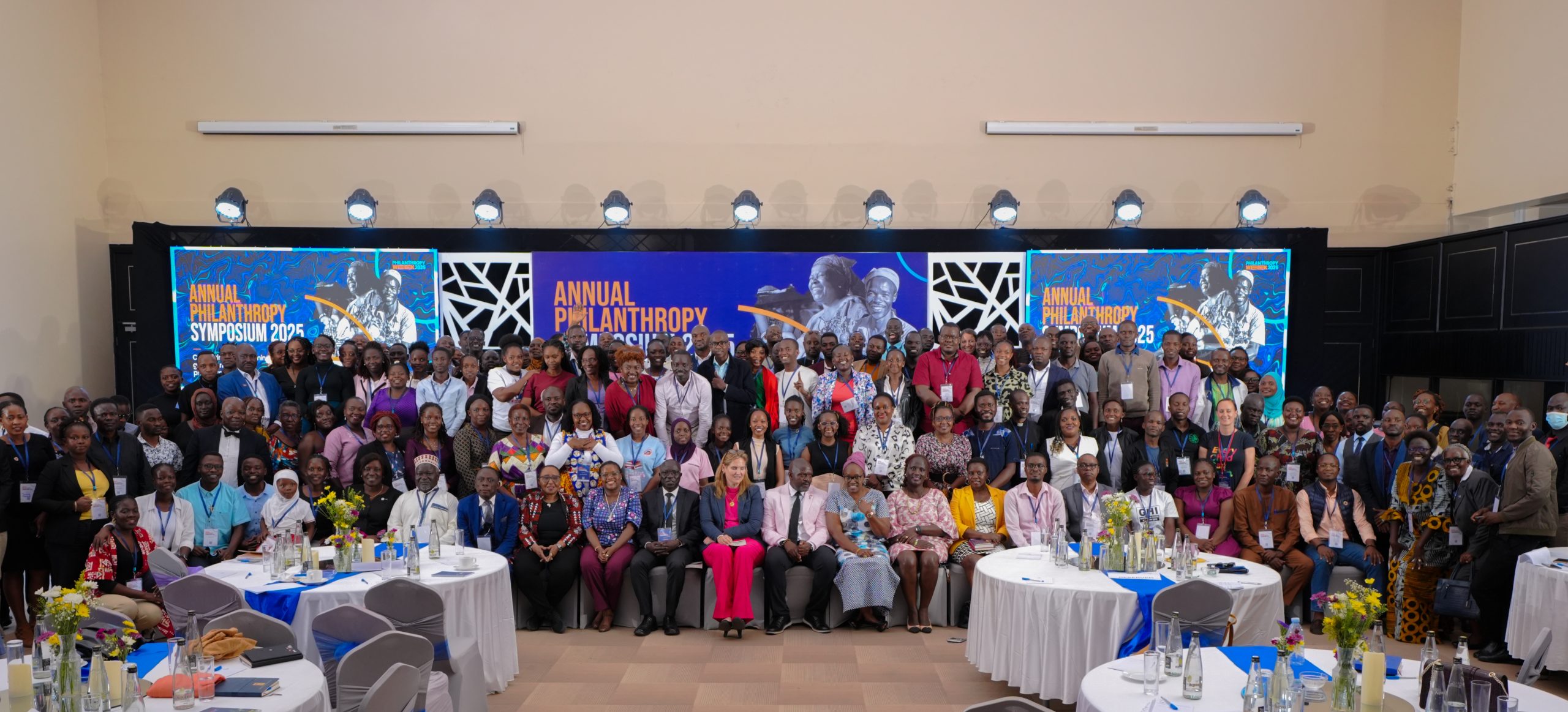
Delivery of the Parish Development Model Requires a Devoted Multi-Sectoral Approach
The Government of Uganda launched the Parish Development Model (PDM) in February 2022. This model is a flagship strategy being implemented to create wealth and economically empower citizens at the parish level. As part of the process to influence how the program is being implemented to achieve expected results, in 2023, UNNGOF undertook an assessment on the Parish Development Model which explored the model’s prospects of impact on local communities after 2 years of the implementation phase.
According to the study, 30% of the PDM funds were invested in wrong enterprises including investing in non-productive ventures. “Majority of people have invested in the right enterprises but around 30% of them are investing in enterprises that they even didn’t train in or plan for, and that is a recipe for wastage of the resources. We also noticed the misuse of resources in some areas, particularly on consumptive expenditure where some of the people that received the money procured mattresses, bicycles, meat, which is not the objective of the PDM. In areas where such practices are happening, the PDM (revolving fund) may not be useful to the participants” Mr. Jonas Mbabazi, Research Fellow – ACODE.
Speaking at the Government – CSO dialogue on PDM in July 2024, Dr. Moses Isooba, ED – UNNGOF expressed pessimism over the recovery of the released funds to citizens since it coincides with the election campaigns period. “2025 – 2026 is a period when we are expected to be recovering these resources, but at the same time, that’s the period when the government will be seeking a re-election and so it may be a little bit of complication to be asking people to pay back at the same when you are asking for their vote”.
This explains why it is important to invest in mindset change for people to appreciate that PDM was not designed as a token from government but an intentional affirmative action plan with a mission to graduate 39% of the population (poor people) from the subsistence to money economy. Financial resources alone are insufficient to guarantee the success of PDM. A more comprehensive strategy that emphasizes mindset change, skills development, and avoiding political patronage is necessary to drive meaningful transformation.
“Sensitization is a continuous process. The perception of people on what PDM intends to achieve varies and so we only need to continue sensitizing people, possibly using the network of Resident District Commissioners and Civil Society Actors at the grassroots” – Mr. Vincent Bamugaya, Directorate Economic Affairs and Research, Office of the President
By supporting the implementation of the 7 pillars of PDM, we will be able to foster a culture of self-sufficiency, economic growth and sustainable development. The 7 pillars are; (1) Production storage, processing and marketing; (2) Infrastructure and Economic Services; (3) Financial Inclusion; (4) Social Services (5) Mindset Change (6) Parish Based Management Information System and (7) Governance and Administration.
Civil Society Organizations were challenged to hold accountable all the lead agencies of the 7 pillars to ensure the PDM theory of change is realized. One of the key outputs of this dialogue was the invitation of the Uganda National NGO Forum to actively participate in the Directorate of Economic Affairs and Research Platform in the Office of the President to ensure the CSOs’ policy alternatives are presented for government’s consideration.
Story by Robert Ninyesiga, Senior Program Associate, UNNGOF



